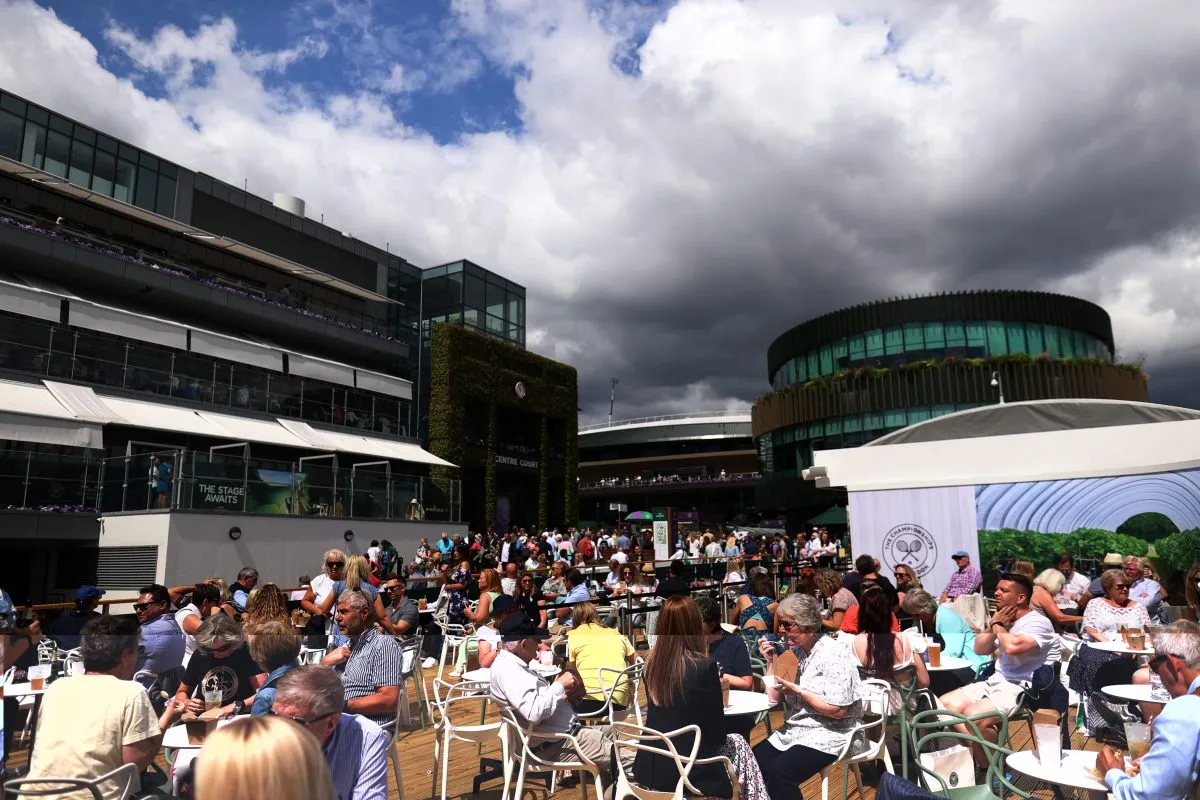By Matt Hardy
The World Avocado Organisation has hit out at Wimbledon over its ban of the stoned fruit at this year’s Championships.
The All England Club removed the food type popular with millennials from its menus at this year’s tennis grand slam in a sustainability push. They’ve been replaced by crushed English peas.
This has provoked a response from the World Avocado Organisation – global avocado grower representatives – which insists the fruit is “one of the most nutrient-dense and environmentally responsible fruits available today”, adding that the water footprint of foods such as nuts, olive oil and beef are much worse.
“Misconceptions like these can have non-desired impacts and affect small farmers who rely on growing avocados to make a living,” Zac Bard, chairman of the organisation, adds.
“Avocados are too often made a scapegoat in the conversation around food sustainability.
“We must look at the full picture: from how they’re grown to how they’re transported, avocados are one of the more environmentally responsible choices in today’s global food system. They’re a smart, sustainable, and health-forward choice.”
The same study suggests that avocados generate an average greenhouse gas emission figure that is lower than even milk, rice and eggs, while it is significantly lower than coffee, chocolate, lamb, cheese and beef.
“As avocados are produced from large trees, those trees play a crucial role in carbon sequestration by capturing and storing CO2. A mature tree can absorb approximately 22 kg of CO2 per year,” the World Avocado Organisation continued.
“With similar or even lower water usage compared to other fruit crops, minimal pesticide exposure and environmentally friendly farming practices, avocados provide a sustainable and nutritious choice for consumers.”
In additional measures made by Wimbledon, 30 of the 42 kitchens on the grand slam site have scrapped gas power while showers will be solar heated.
